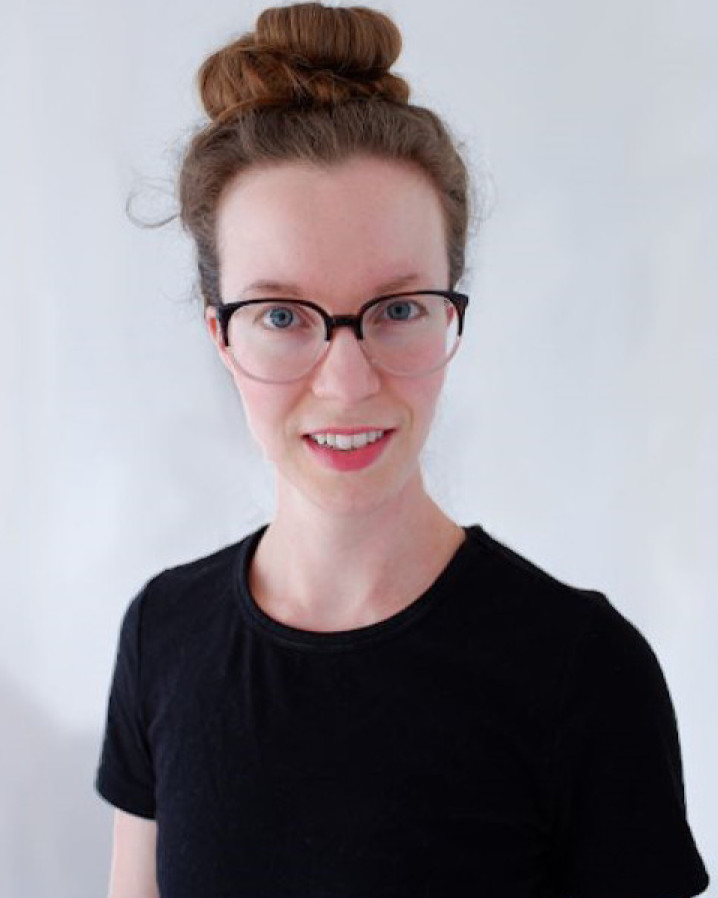
Join the Department of Infectious Disease and the Section of Structural and Synthetic Biology for a lecture from Dr Erika Alden DeBenedictis (Institute for Protein Design, University of Washington)
The meeting will be hosted via Microsoft Teams – click here to join the meeting. Please ensure that your microphone and video are turned off before joining the call. There will be an opportunity to ask questions during the meeting using the chat function and during the Q&A.
Biography
Erika received a BS in Computer Science from Caltech in 2014. During her time at Caltech, she worked on topics in computational physics including space mission orbit design at the Jet Propulsion Laboratory, quantum computer compilation at Sandia National Laboratories, and computational protein design at D. E. Shaw Research. In 2021, she received a PhD from MIT Biological Engineering, advised by Dr Kevin Esvelt. Currently, she is a postdoctoral fellow at the Institute for Protein Design with Dr David Baker. Erika is the recipient of numerous national awards, including first prize at the Intel Science Talent Search, the Davidson Fellowship, the Ruth L. Kirschstein Predoctoral Fellowship, and the NIH Postdoctoral Genome Training Grant Fellowship.
Research Highlights
During her PhD at MIT in the Elowitz lab (one of the pioneers of synthetic biology), Erika developed a technique for high-throughput directed evolution and applied it to engineering tRNA’s used for protein translation. The aim was to expand the genetic code from using triplet codons to using quadruplet codons, in order to test the tolerance of the genetic code to altered codon sizes. Her postdoctoral work at the University of Washington in the Baker lab (the worlds-leading protein design and folding group) at the University of Washington focused on the design of de novo protein binding domains using computational design, experimental testing, and systematic improvement of the discovery process (new sequences and domains) with machine learning. An especially interesting research direction that Erika is developing, is in the use of laboratory automation to equip academic laboratories with the ability to collect and scale large high-fidelity datasets, that are suitable for machine learning and computational design tools.